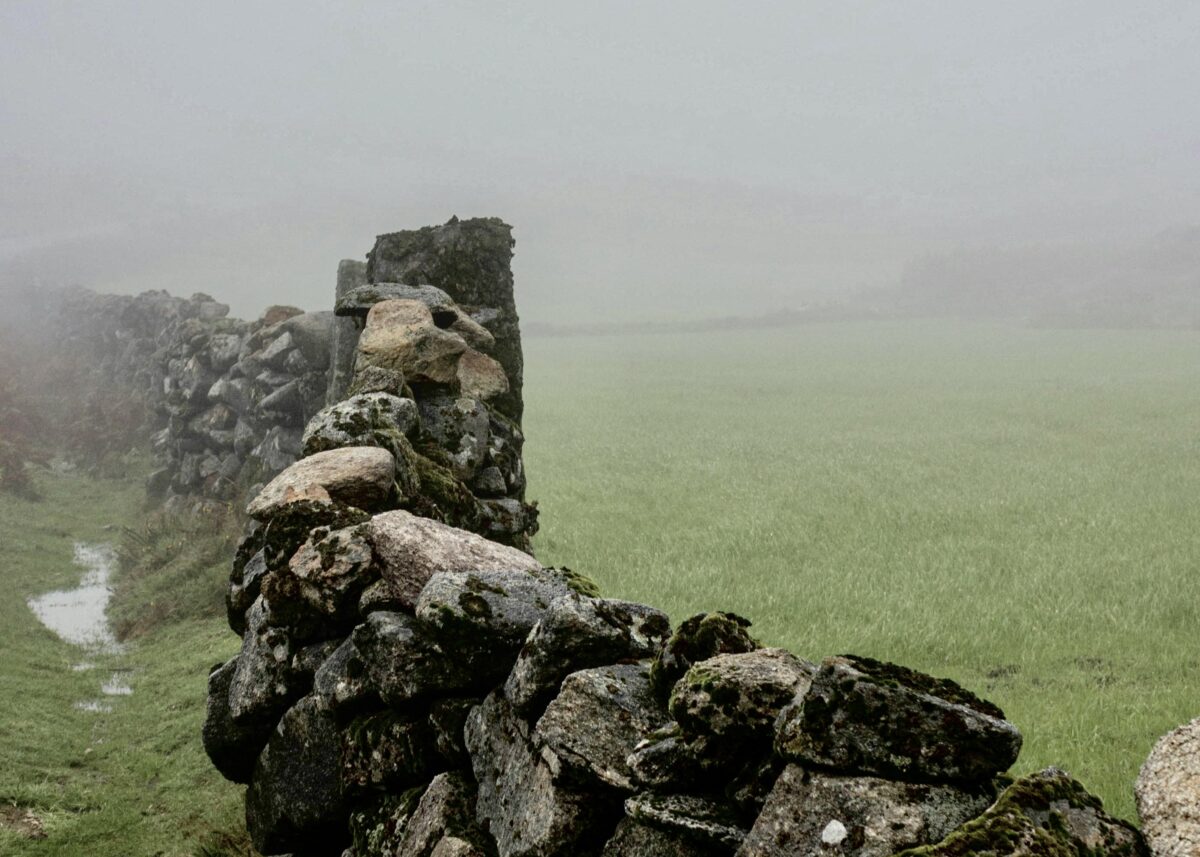
Dear Empaths,
I am writing to you as someone who, for most of my life, was not one of you and who, for most of my life, saw your strength as a weakness.
It was very uncool.
I want to apologize to you. Truthfully, I never understood you. I’d berate you behind closed doors as too affected, too soft, too sensitive—words my family weaponized in ways that taught me to think twice.
I’m sorry people like me made you feel crazy, like you were wrong because you heard the message below the words that we said. Our intentions were always more important than our impact, a level of self-absorption I became embarrassed by when I started seeing it in action.
I’m sorry that we belittled you because you “got emotional” at a time when we should have been emotional, when we denied our own humanity in favor of comfort and disengagement.
Dear Empaths, you’ve carried a weight that those of us who are not naturally empathetic have not offered to share.
How lonely it must feel to be in a society that encourages us to numb the hard feelings and to be untouchable when you can’t escape your own wiring.
I’m sorry we weaponized the culture of ego and victory and strength against you, that we called your presence and humility lesser, weaker.
Please believe me when I say that most of us on this side don’t realize what we’re doing. We likely learned it in childhood, we probably saw it modeled. And for some of us, it was essential to our “survival” in our family system in one way or another.
So as we learn how to empathize, to be present and open, we are like infants on a playground. We’re new here, and it will take a lot of time and growing and practice to be able to show up the way you have for years.
To be honest, I’m still not sure I would have done this willingly. I was safe in my emotional superiority, in my untouchable nature, in my ability to stay “strong.”
But failure and shame and humiliation coerced me to scrape away at the paint of my ego, to demolish the walls of protection, to pry open the door of my heart.
I would say it was almost entirely against my will, but the great teachers told me to stop fighting the process. They said I was on the right path. I guess I could have refused the invitation to change, but because there were people I respected that told me I could trust it, I took it.
To be honest again, it has been terrible.
Dear empaths, let me tell you some things that you know.
Empathy is heavy, and when it’s unfamiliar, it feels like a violation, but I’m starting to think that maybe it’s not. Maybe feeling broken with the broken, maybe feeling defeat with the defeated, maybe feeling the depths with those who had no choice to be there makes me more human, not less.
Maybe my presence to the suffering of others makes me more like Jesus, not less.
You have to understand, my empathic friends, that people were never allowed into my heart space like this. But as you know, when you open your heart to someone else’s experience after decades of learning how to operate in a silo—in a safe and contained way—it is a lot.
Would you describe your experience this way? Is it a lot?
I assumed my distance and my lack of deep feeling was a sign of my strength, of my elevated position as someone unaffected, unflappable, unbroken.
What I’m learning now is that the depths of the human experience aren’t available to people like me in the same way.
I wasn’t strong, I was just disengaged.
I was unempathetic, and most days, I liked that. It was certainly more comfortable.
But now, I’m out here feeling with you for the first time, and like the great teachers always say, if you don’t experience the lows, you can’t experience the highs—that’s not how it works. Either your heart is open to the depths and the heights, or it’s not.
Living is all of it, the whole of the experience. This is what it means to be human.
Dear empaths, I’m sorry for the years of judgements I made.
I’m sorry for my disengagement. I’m sorry for my perceived superiority.
I will do my part to undo the damage we’ve done, dismantling our “strength” from the inside.
Dear empaths, forgive us, we didn’t know what we were doing.